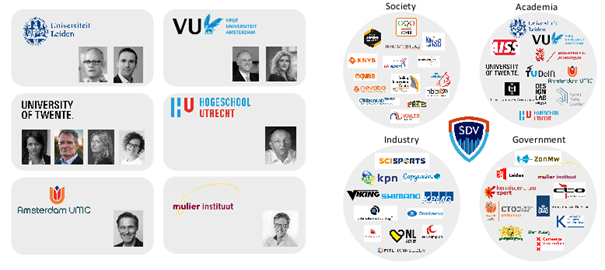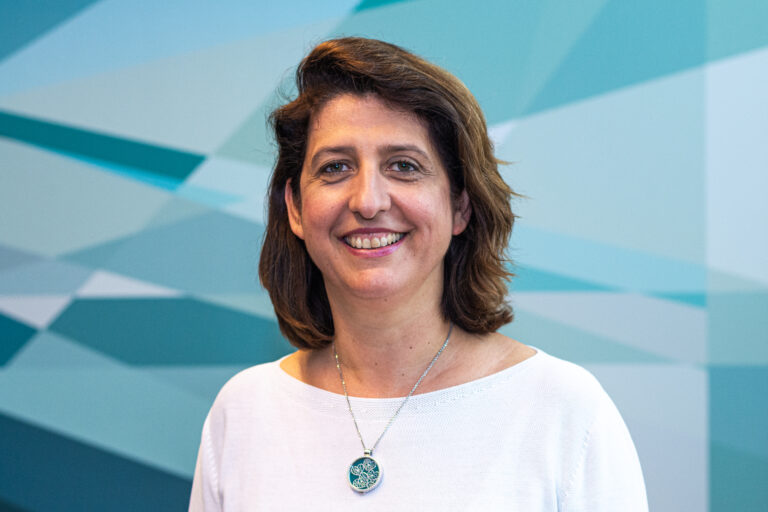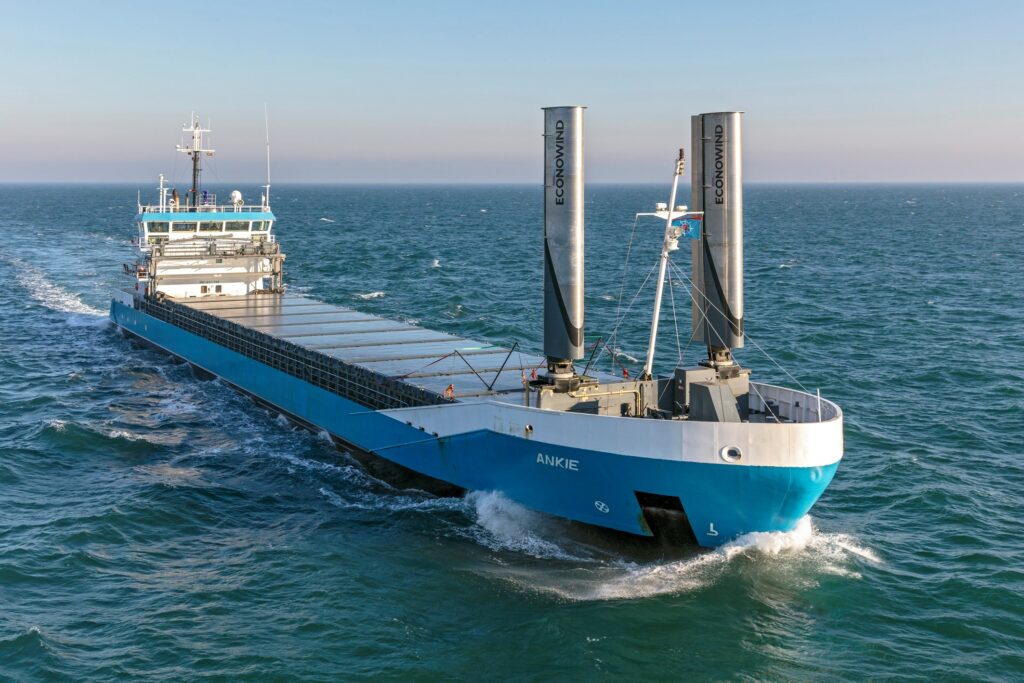What social challenge in AI is being tackled?
It is not just about getting more exercise but also about smarter and longer-lasting exercise and preventing injuries. Injuries alone cost Dutch society two billion euros a year. Unfortunately, getting enough exercise, keeping up a healthy lifestyle and avoiding injuries is a huge challenge for many people. Their surroundings, differences between individuals – both physical and mental – and many other factors all play a role.
We are going through an exercise crisis, yet at the same time the possibilities of AI and data in sport and exercise seem infinite. Using AI and data in this domain raises numerous ethical and legal questions. Can or should an algorithm indicate that someone should exercise less to prevent overtraining? This ELSA Lab focuses on how AI and data can help people to exercise better in practice and get longer-lasting results and tries to find answers to the ethical and legal questions that come with this.
What type of solution is offered to the end user?
This ELSA Lab wants to provide a testing ground for the public through a digital platform with AI solutions that are transparent, explainable and auditable and where data privacy is guaranteed. The public at large are actively involved and it goes without saying that applications must genuinely serve people and the general interest. It must not just be about people: the knowledge we intend to acquire is mainly being developed together with the general public, keeping an eye on the practical feasibility.
What AI methods or technologies are used in the studies?
The AI and data science methods used include subgroup discovery, data mining, density plotting, network analysis, supervised and unsupervised machine learning, decision trees, text mining, random forest, forecasting, polynomial fitting, ARIMA, k-means clustering, predictive modelling, hierarchical clustering, logistic regression, KNN clustering, anomaly detection, multivariate regression, pruning, principal component analysis, etc. The multitude of methods and techniques make the platform ready to be linked to the Cortona AI program that was developed at Leiden University, which supports some of the methods.
Is there cooperation with other sectors?
Sport Data Valley connects society, science, companies and the governmental sector together. They are all actively involved in the Sport Data Valley ELSA Lab. Sportinnovator took the initiative for Sport Data Valley, and the development and steering are done by a consortium of centres of expertise: Leiden University, VU University Amsterdam, Amsterdam University of Applied Sciences, Delft University of Technology and the University of Twente. The ELSA Lab also collaborates with Amsterdam UMC, Utrecht University of Applied Sciences and the Mulier Institute.
What is the ultimate success this ELSA Lab can achieve?
The ultimate goal is for the Netherlands to exercise better and with longer-lasting effects and that this will take the pressure off the healthcare system. The ELSA Lab wants to help this happen by giving all layers of the Dutch population the confidence, access and understanding of how implementing and using AI and data can assist with that. Another aspect is more knowledge in the scientific, commercial and governmental sectors about the ethical and legal aspects of using AI in sports, exercise and vitality.

Awarded the NL AIC Label
The Netherlands AI Coalition has developed the NL AIC Label to underline its vision for the development and application of AI in the Netherlands. An NL AIC Label formally recognises an activity that is in line with the aims and strategic goals of the NL AIC and/or the quality of that activity. NL AIC would like to congratulate the Sport Data Valley ELSA Lab.
Partners
Sport Data Valley has more than 50 partners from the quadruple helix who are involved through over 100 projects.

In the Sport Data Valley ELSA Lab, the following people work on the challenges that the lab focuses on: Arno Knobbe PhD (Leiden University), Auke Damstra (Leiden University/Sport Data Valley), Prof. Joost Kok (University of Twente), Sabine Wildevuur PhD (University of Twente/Designlab), Prof. Peter Beek (VU University Amsterdam), Prof. Evert Verhagen (Amsterdam UMC), Dina Babuskina PhD (University of Twente), Martin van den Berg PhD (Utrecht University of Applied Sciences), Prof. Marjan Olfers (VU University of Amsterdam), R.M. van Wijk PhD (University of Twente, TOPFIT Citizenlab), R. Prins PhD (Mulier Institute).
More information?
If you’re interested in this ELSA Lab, please contact Margot van Beusekom. If you would like more information about human-centric AI and the ELSA concept, please go to this page.






